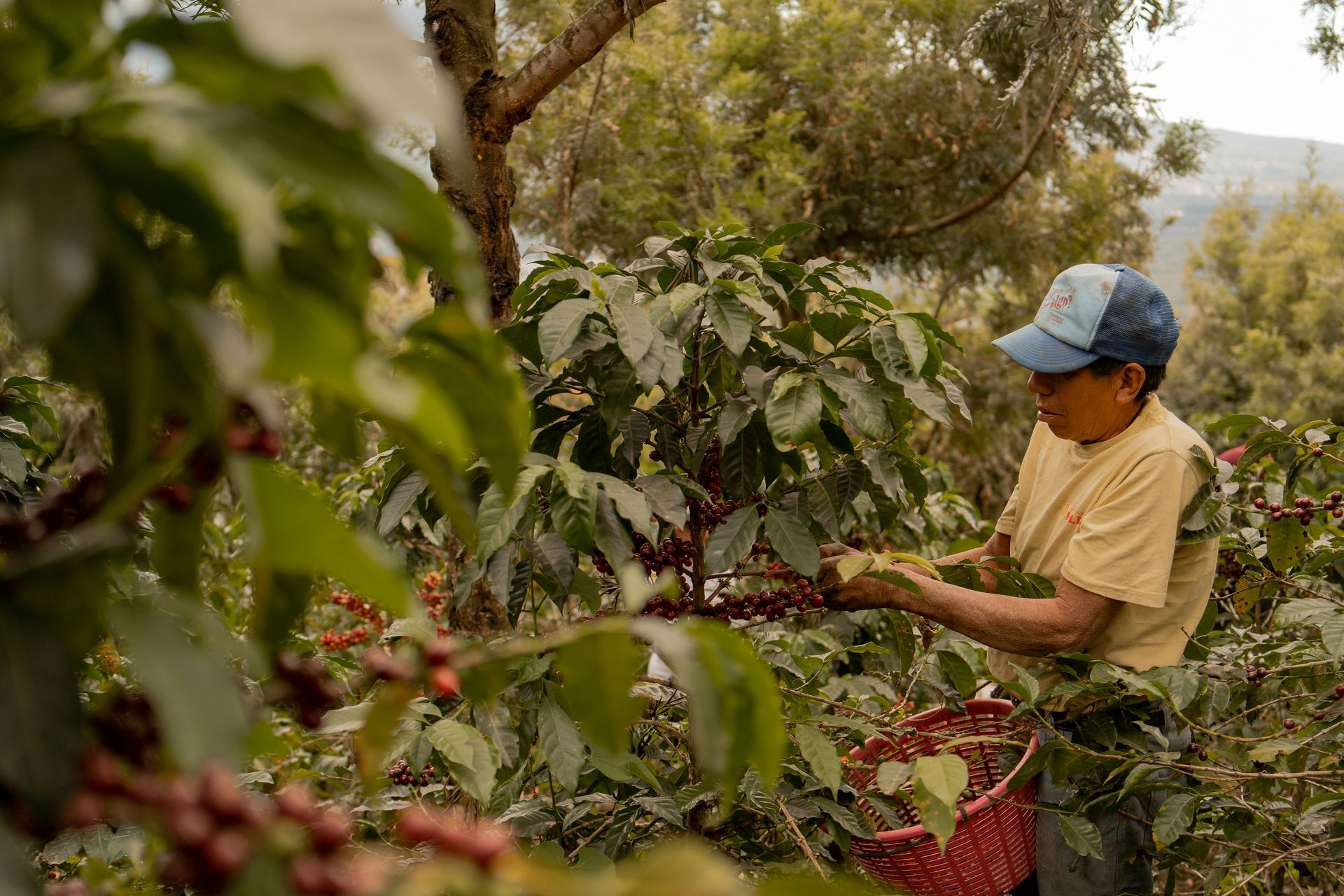Celebrate Non-GMO & Fair Trade Month
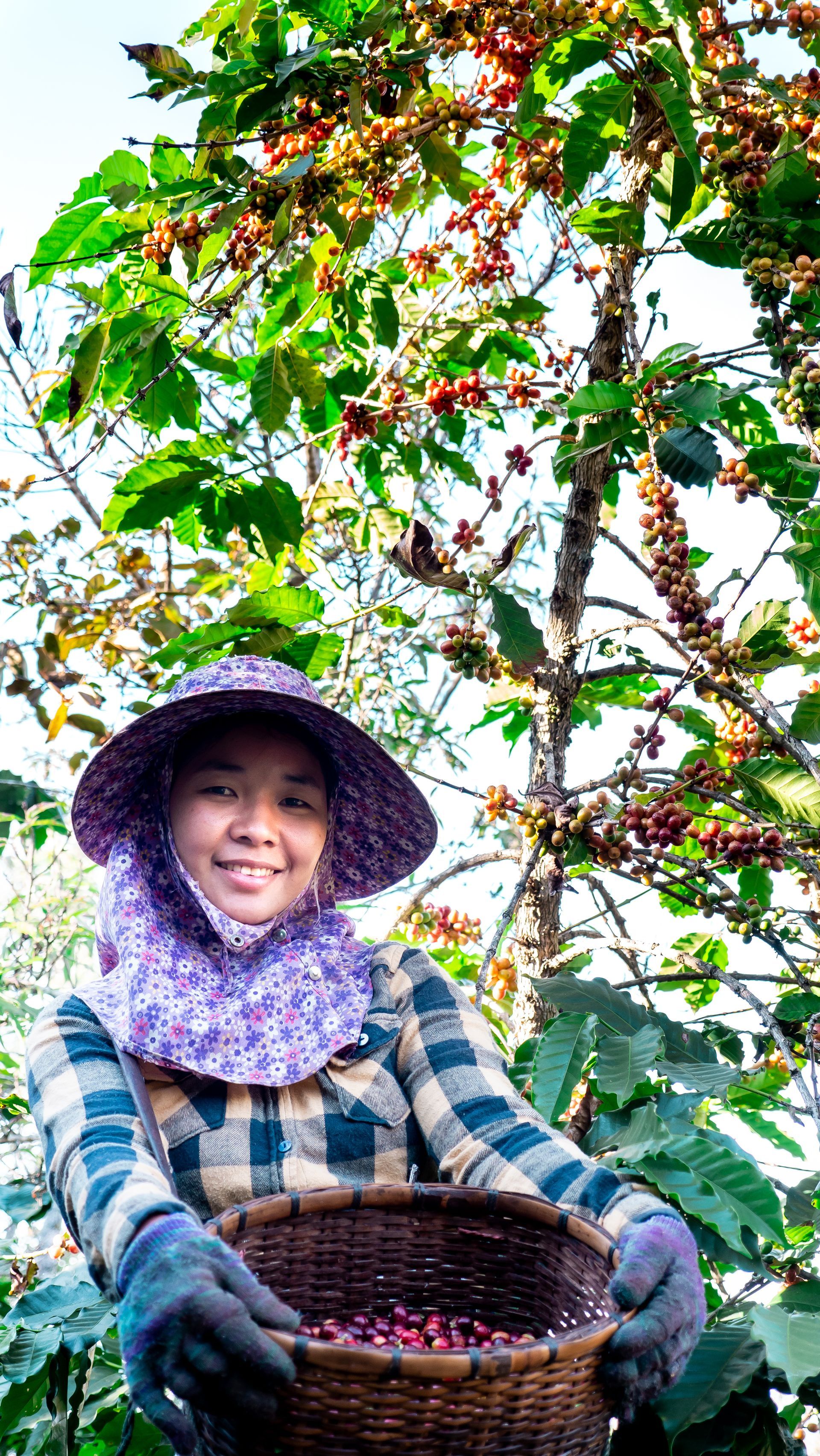
In October, we celebrate both Fair Trade Month and non-GMO Month at Marlene’s — highlighting two labels you may have often seen on your food and are curious to know more.
Transparency in food production and labeling is critical. Shoppers have a right to know if what they’re buying is good for people and the planet. Natural foods are big business these days and “greenwashing” has become a serious problem. In response, there is a sea of different labels popping up with claims that sound really good but have little backing them up.
So, how does an informed shopper know what to choose? Looking for well recognized, third-party seals — like Fair Trade Certified and non-GMO Verified — on products is the best place to start.
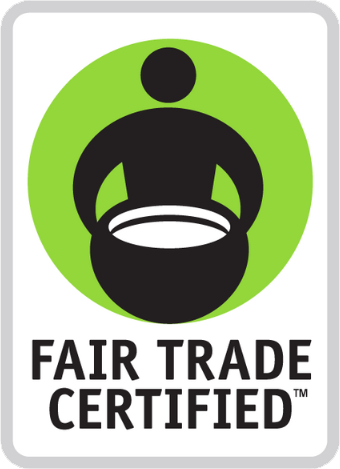
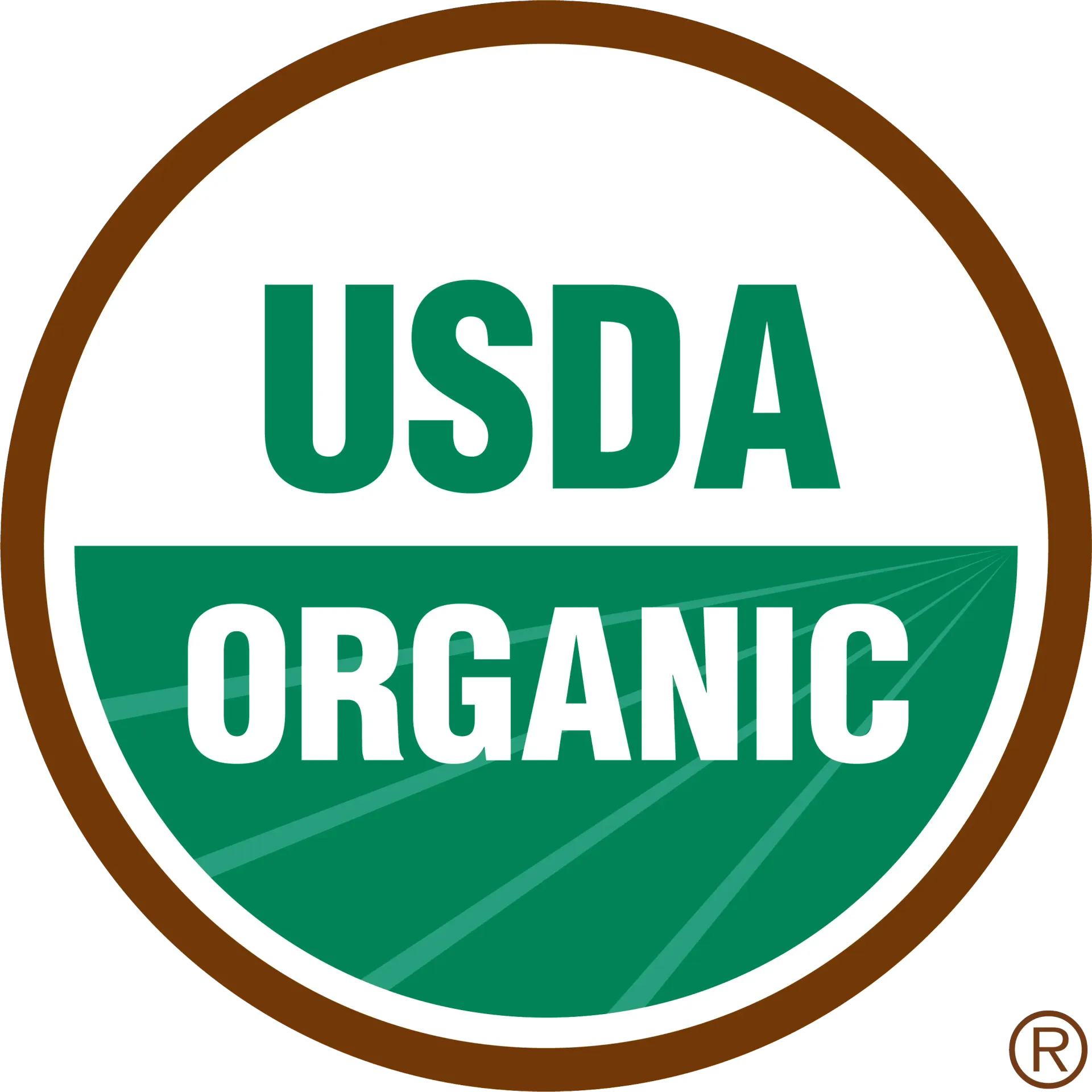
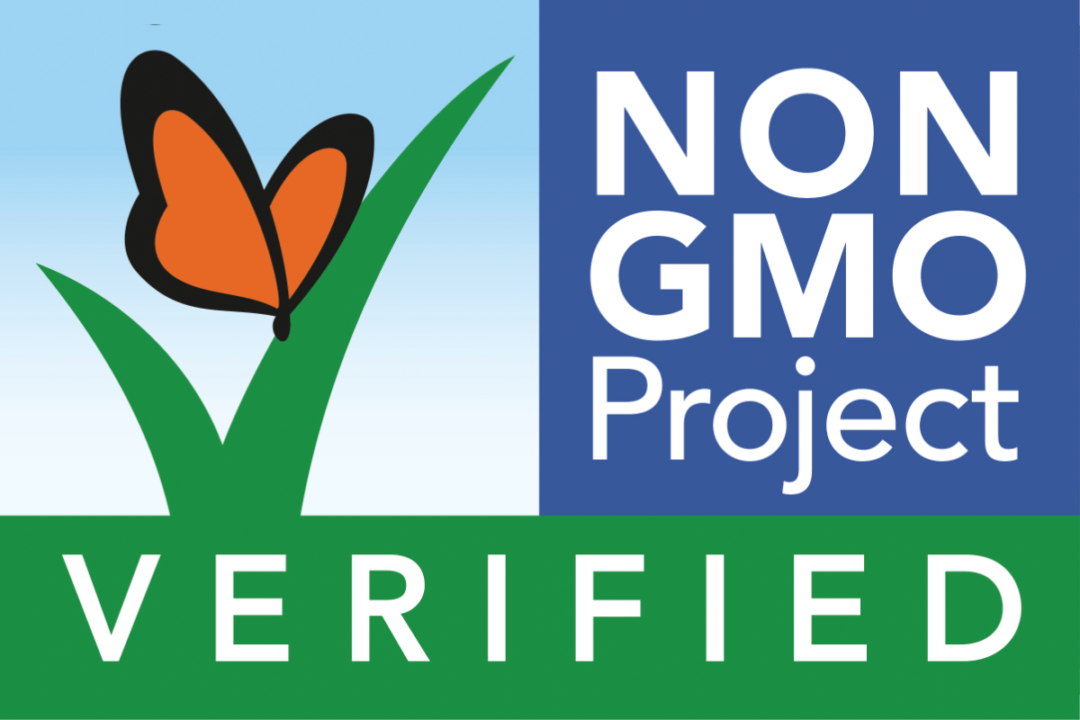
What are GMOs?
Genetically modified organisms (GMOs), are living organisms whose genetic material has been artificially manipulated in a laboratory through genetic engineering, creating combinations of plant, animal, bacteria, and/or virus genes that do not occur in nature or through traditional crossbreeding methods.
Many people oppose GMOs in the food supply due to concerns about health risks, environmental impact, and economic implications. Some individuals worry about potential allergies and unknown long-term health effects. Environmental concerns include potential harm to ecosystems and reduced biodiversity. Economically, there are fears that GMO crops may lead to increased dependency on expensive seeds and chemicals, which could strain small-scale farmers and disrupt traditional farming practices.
At Marlene's, we work to avoid GMOs whenever possible. One way we do that, (and you can, too) is to look for Non-GMO Project Verified products. Non-GMO Project verification means that a product is compliant with stringent provisions for ingredient testing, traceability, and segregation. Also, organic certification standards exclude GMOS, so that is always a safe way to shop if you wish to avoid GMOs.
Why is trade not fair? What can we do about it?
Every day, we enjoy products that are only grown in tropical countries — products like coffee, chocolate and bananas. These farmers and workers often do not earn enough to have a decent living — that is, to eat nutritious food, send their kids to school, have adequate shelter and weather a crisis. Many live on less than $3 per day.
When you see the Fair Trade Certified Label on a product, you know that farmers were paid at least the cost of production as well as an added Fair Trade premium to invest in their businesses and communities. You know that child labor was not used and that measures were in place to protect the local environment and water supply. You also know that workers’ rights were upheld and they have the choice to collectively bargain.
This October, shop the labels! We will be highlighting products that are Fair Trade Certified and Non-GMO Project Verified. We encourage you to support brands working towards a more sustainable future and try something new this month!
